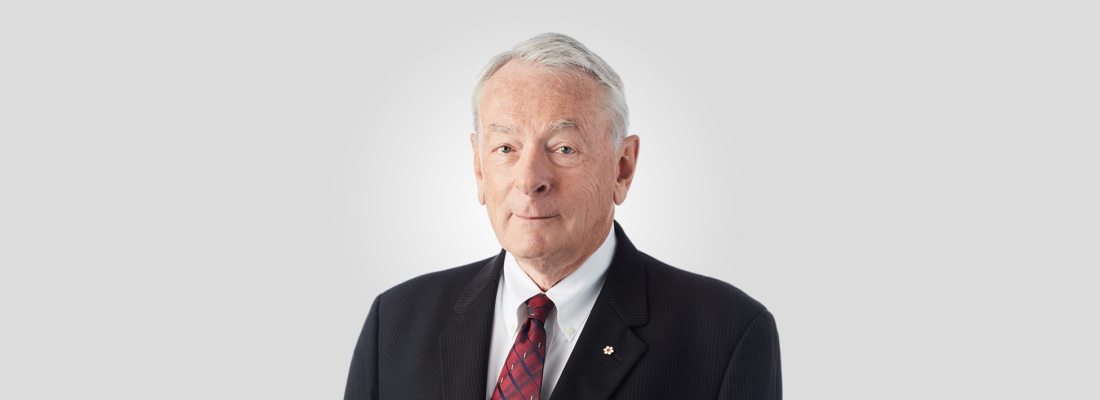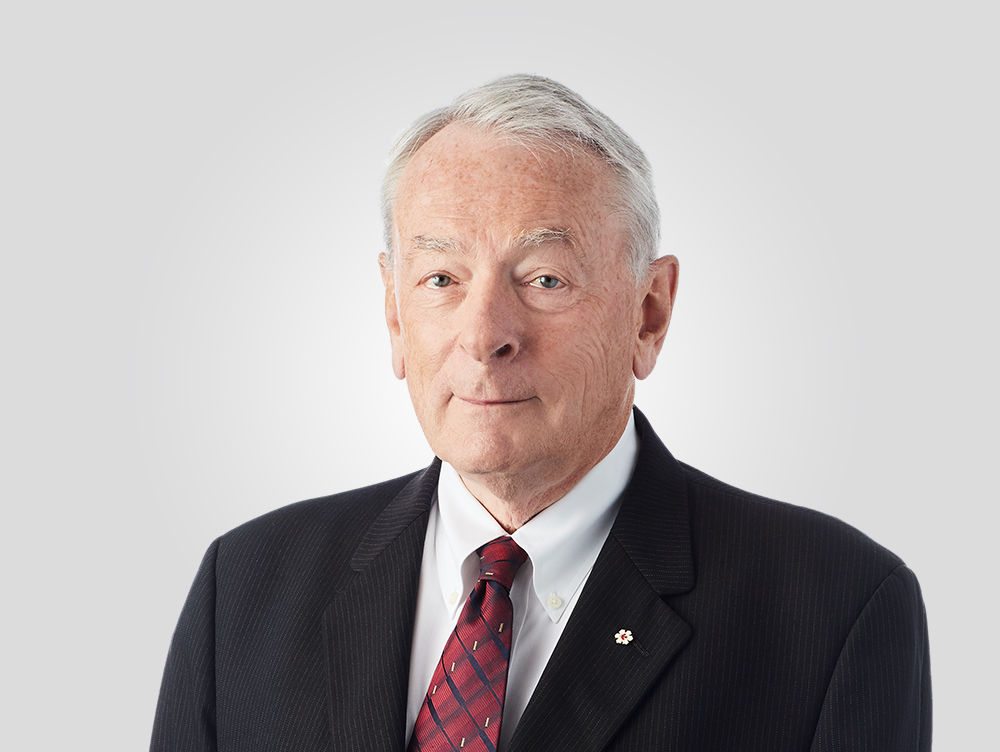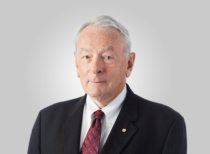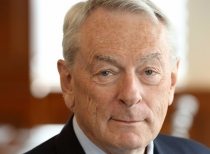Keynote Speeches
Dick Pound has been a high level volunteer with the Olympics for most of his adult life. Recognize the kinds of inspiration that can get members involved in your organization, and show how you value your volunteers, with a presentation by Dick Pound.
The Olympics deliver and connect, on a local, national and international scale. Pound draws upon his experiences in the Olympics to help organizations realize the value of ‘Delivering the Goods.’
The Olympics are one of the largest ongoing major projects in the world, with risk and safety involved for our globe’s peak athletes. Pound discusses the importance of a three step approach – Strategy, Live Adjustments and Knowledge Transfer. Finally, Pound explains the importance of ensuring there is knowledge transfer so that others can follow your blueprint of guidance and lessons learned.
Dick Pound is one of the highest ranking and longest-standing members of the International Olympic Committee – IOC. He explains the importance of brand management and how the IOC works to protect one of the oldest and most sacred brands in the world; their goal being to reduce risks and make sure that each host city is meeting certain standards.
Pound will speak about obtaining sponsorships, the importance of brands becoming involved in any major initiative, and how to negotiate and make the most of your sponsorship. Future Challenges Shared by the Olympics and Businesses in General Pound talks about the need to remain relevant and up to date by ensuring that you understand and appeal to your clients’ needs and wants. Pound also discusses how to connect with a younger audience in today’s information era, where anything and everything is accessible and at your fingertips.
Pound talks about the need to remain relevant and up to date by ensuring that you understand and appeal to your clients’ needs and wants. Pound also discusses how to connect with a younger audience in today’s information era, where anything and everything is accessible and at your fingertips.







Similar
Speakers